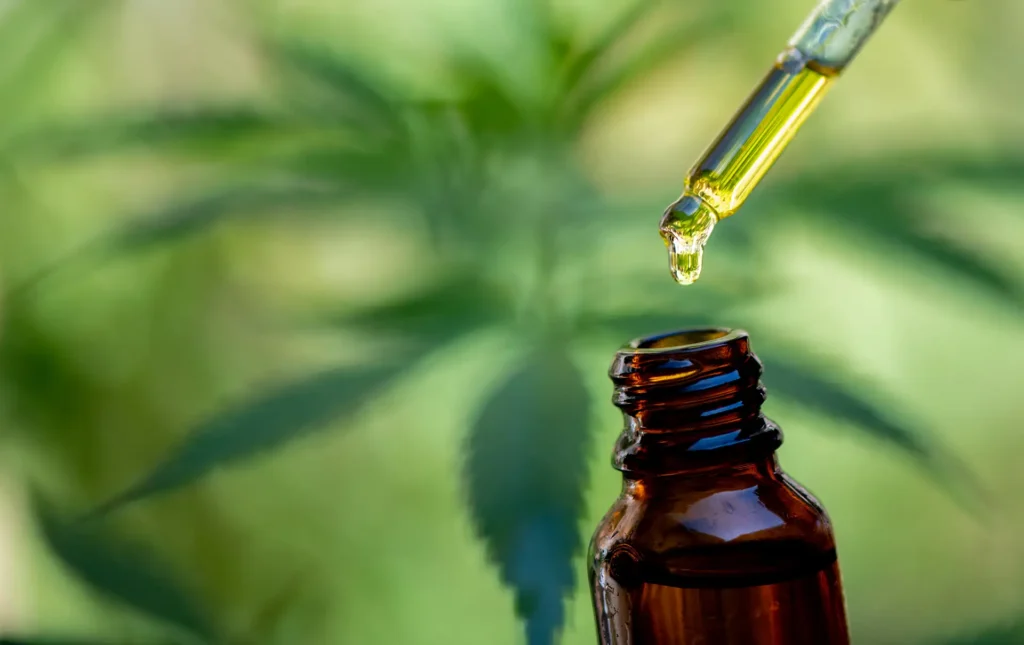Extraction is the process of removing one or more compounds from its original source. In medical cannabis, the term extract is used to refer to one or more active compounds removed from the cannabis flower to create a different form of medical cannabis product. These extracts commonly contain tetrahydrocannabinol (THC) and/or cannabidiol (CBD), but also a wide range of minor cannabinoids and terpenes depending on the composition of the original flower. These can then be used to create products such as medical cannabis oils or pastilles.

The key difference between the extracts taken from hemp and medical cannabis is the level of tetrahydrocannabinol (THC) and the intended use. Hemp extracts must legally contain less than 0.3% THC, whereas medical cannabis extracts may contain a higher level if this is deemed necessary and appropriate as part of a patient’s treatment. Hemp is typically used for industrial and commercial purposes in the UK, whereas medical cannabis can only be used if it is prescribed for an individual with a health condition.
Oil is not extracted directly from the cannabis plant, rather active chemicals can be removed and then dissolved in oil to be taken as a medicine. Various methods are used to extract chemicals from the cannabis plant. Currently, the most common extraction techniques are alcohol (ethanol) extraction and CO2 gas extraction. Once the chemical has been extracted, it can be dissolved in oil for administration.
Cannabis oil extract refers to one or more chemicals in the cannabis plant – such as tetrahydrocannabinol (THC) and/or cannabidiol (CBD) – that have been removed from the plant and then dissolved in oil. Oil is not extracted from the cannabis plant, it is added later to hold the active compounds, make it easier for patients to take their medicine, and absorb the active chemicals.